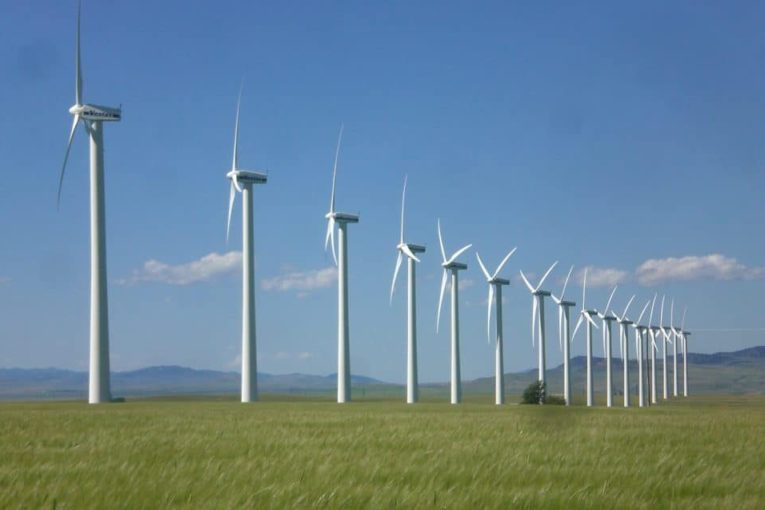
Over the past year, CanWEA has been actively working to promote wind energy from Quebec* and the Maritime provinces in response to opportunities to export to northeastern U.S. markets. This vision was even included in the Quebec government’s 2030 energy policy. A major milestone was achieved in late July with the submission of Canadian wind energy projects totalling more than 3,000 MW for a major request for proposals in Massachusetts.
Although the United States and Canada frequently trade electricity, the idea of having the northeastern states benefit from the significant potential of eastern Canada’s wind energy resources is new. This concept makes sense when you consider that New England and New York State are setting ambitious targets for themselves to make their electricity supplies cleaner and more sustainable. In many cases, the targets are legally binding, not simply policy objectives.
Keep in mind that wind energy is not only one of the most affordable new power supply options, it is also the only source to consistently qualify as a Class I Clean Energy source, meaning that it is eligible for all clean energy credits offered by northeastern states.
In response to an Act signed into law in July 2016 by Massachusetts Governor Charlie Baker, a request for proposals was issued by the state’s electricity systems operators in an effort to supply the state with 9.45 TWh of clean energy annually starting in 2022. The wind industry in Quebec and the Maritime provinces made its presence known, to say the least.
More than 3,000 MW of wind energy projects were submitted from Canada. The proposals, which are publicly available online, are part of a range of projects intended to offer solutions that build on various electricity transmission and production initiatives (onshore projects, offshore projects, solar power, hydroelectricity, etc.) located in Massachusetts or neighbouring regions on both sides of the border.
Let’s take a brief look at the proposals submitted that include Canadian-based wind energy projects.
In Quebec, various wind energy promoters collaborated on five electricity transmission line projects (Granite State Power Link, Maine Clean Power Connection, New England Clean Energy Connect, New England Clean Power Link and Northern Pass Transmission) to propose projects totalling over 1,900 MW. For the first time in its history, Hydro-Québec proposed an option that paired its hydroelectricity with a Quebec-based wind project in three bids it submitted to Massachusetts.
In the Maritime provinces, seven wind energy projects (five in New Brunswick and two in Nova Scotia) totalling 1,200 MW will be built in the event the Atlantic Link proposal is chosen. The submarine transmission cable project spearheaded by Emera would deliver more than 4 TWh of wind energy and 1.5 TWh of hydroelectricity produced by NB Power and Nalcor Energy.
Significant investments were necessary to submit the projects, which is a testament to how seriously the idea is being taken. The hydroelectricity and transmission line project promoters recognized the added value that wind energy contributes and the high quality of Canada’s wind energy resource in their offers to the Massachusetts utilities. It’s simple, really: the promoters saw incorporating the wind industry as an opportunity to increase their chances of getting a piece of the pie.
Massachusetts electricity systems operators will assess the submitted projects over the coming months and make their final decision in early 2018. Although a large number of Canadian proposals were submitted, there is understandably no guarantee the Canadian wind energy projects will come out on top.
The possibilities are very real but should not constitute the backbone of a policy framing the continuous and foreseeable development of the wind industry in Quebec and the Maritime provinces. If the Canadian projects were to get the go-ahead to meet Massachusetts’s needs, significant spinoff benefits would result for the manufacturing chain, service providers and the communities involved, be it in Quebec or the Maritime provinces. And other business opportunities could be coming over the horizon in the short and medium term.
*Link available in French only
Quebec Regional Director at the Canadian Wind Energy Association
You can read more of the news on source



